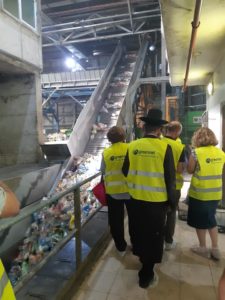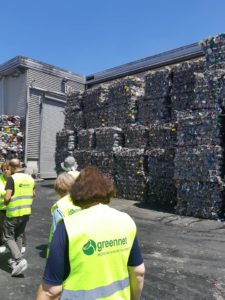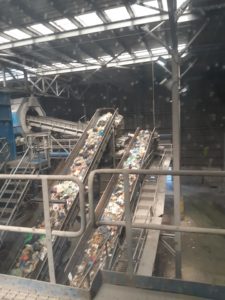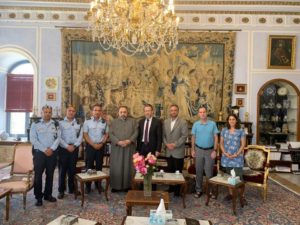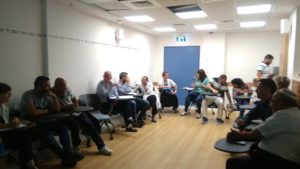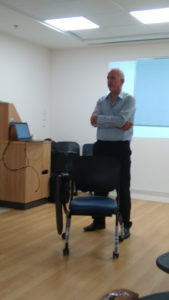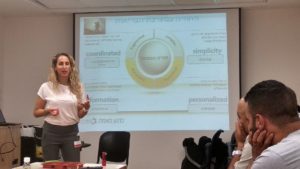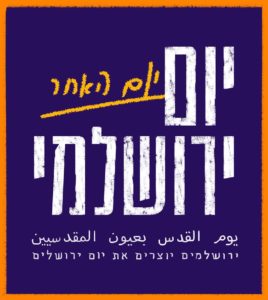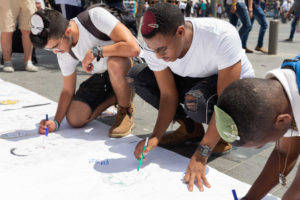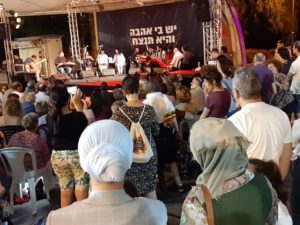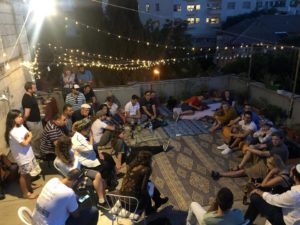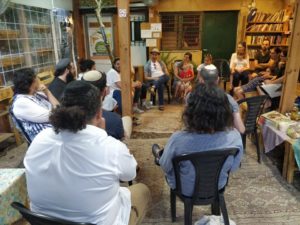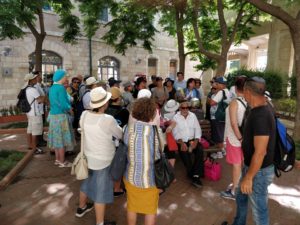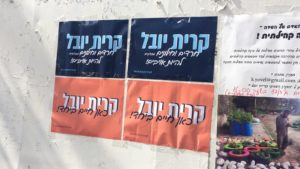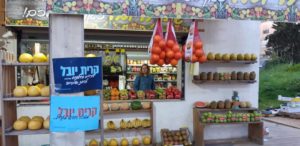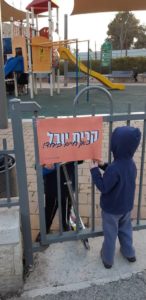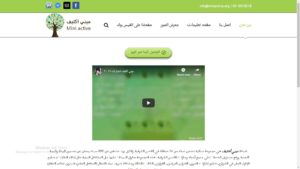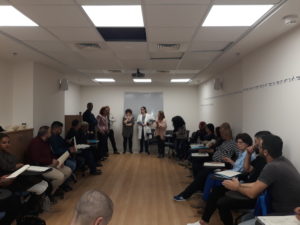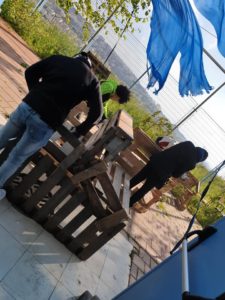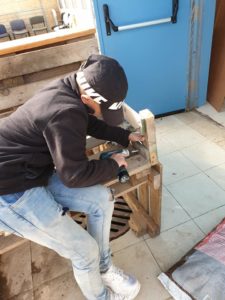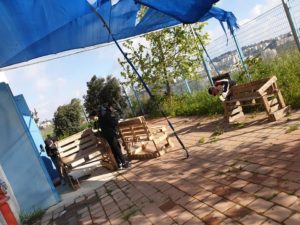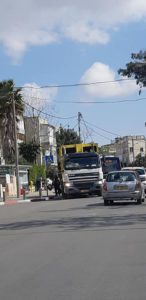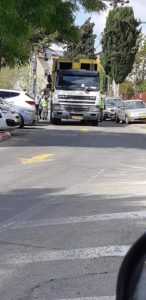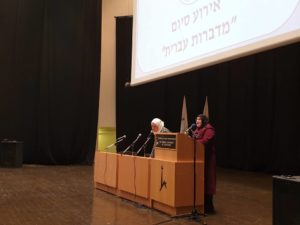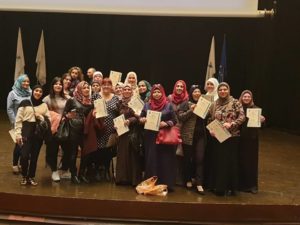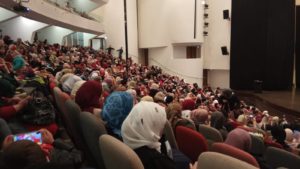Where Does Our Trash Go?
On Tuesday, July 30, activists from the Little Prince-Cleaning Up Jerusalem Together initiative, from all corners of the city, took part in a fascinating tour of the Green-Net recycling and garbage sorting plant in the Atarot Industrial Park, on the outskirts of Jerusalem. The factory has one of the world’s most sophisticated facilities for sorting and handling household garbage.
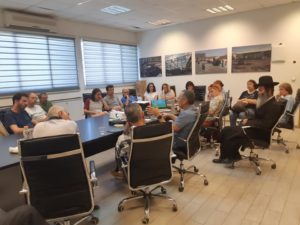
Concerned residents and professionals, from all Jerusalem sectors, touring the new waste treatment / recycling plant in Atarot
The tour was initiated by an activist from the Little Prince, who was curious to know where the garbage we put in our garbage cans was going. He also wanted to see if the plant could handle the recycling for Jerusalem’s garbage, which the Municipality claimed it could, and is in the process of removing the recycling bins throughout the city.
The tour included 25 ultra-Orthodox, religious and secular residents and municipal employees from various departments (municipal spokesperson, corporate division, and operations manager).
We learned so much!! We learned that all household garbage (not including construction waste or tree clippings) of Jerusalem – 1700 tons per day!!!- , reaches the factory, which operates 7 days a week, 24 hours a day.
Over the past year, the amount of garbage coming to the plant has risen by 8%! This is considered a huge increase for one year. Apparently the city’s objective to clean up Jerusalem is really changing things on-the-ground ….
Between 8% and 10% of our household trash is diapers. We are the city with the largest amount of diapers among all the cities in the world!
The plant sorts valuable materials, which account for 40% of all our household waste and sends them overseas (mainly to Turkey).
At the factory, they open the trash bags, and do an initial sorting according to size, marking the garbage using an infrared beam for organic matter, metals, plastics, paper and cardboard boxes. The plastic is further sorted into 4 types, with 95% accuracy. We hope to discuss the information we have acquired with experts from the Little Prince and others to better understand whether there is really no need for recycling receptacles in Jerusalem and whether we, as a civil society, should demand that the Municipality returns the receptacles.
Many thanks to the Jerusalem Foundation and the Rayne Foundation for their support of the Little Prince.
Here’s a Facebook post (in Hebrew) of the tour:

